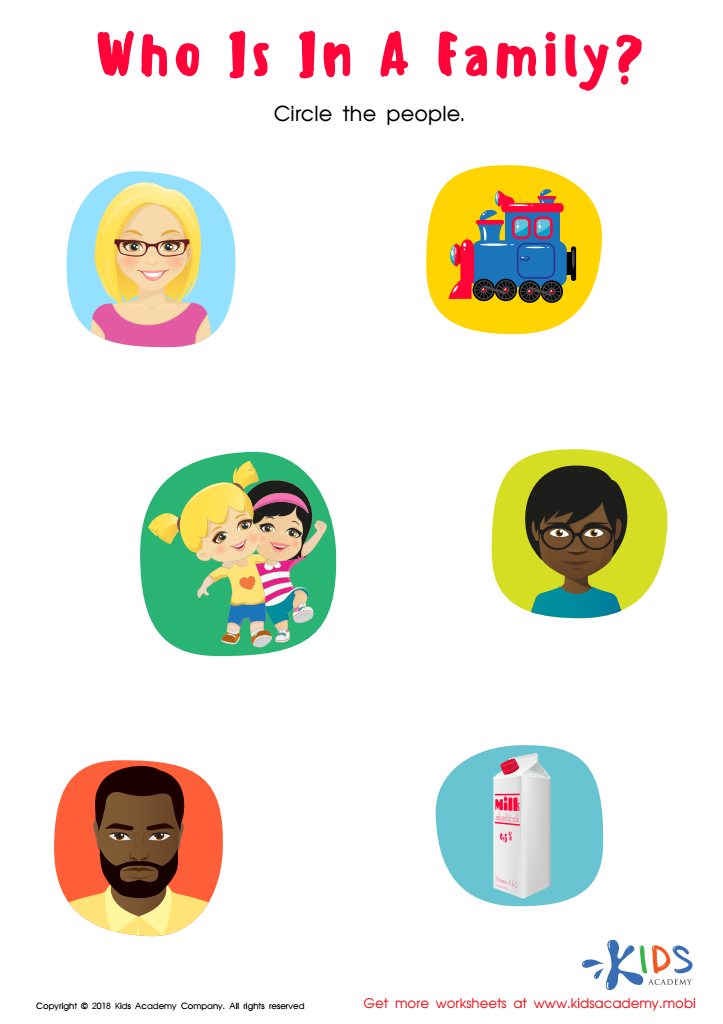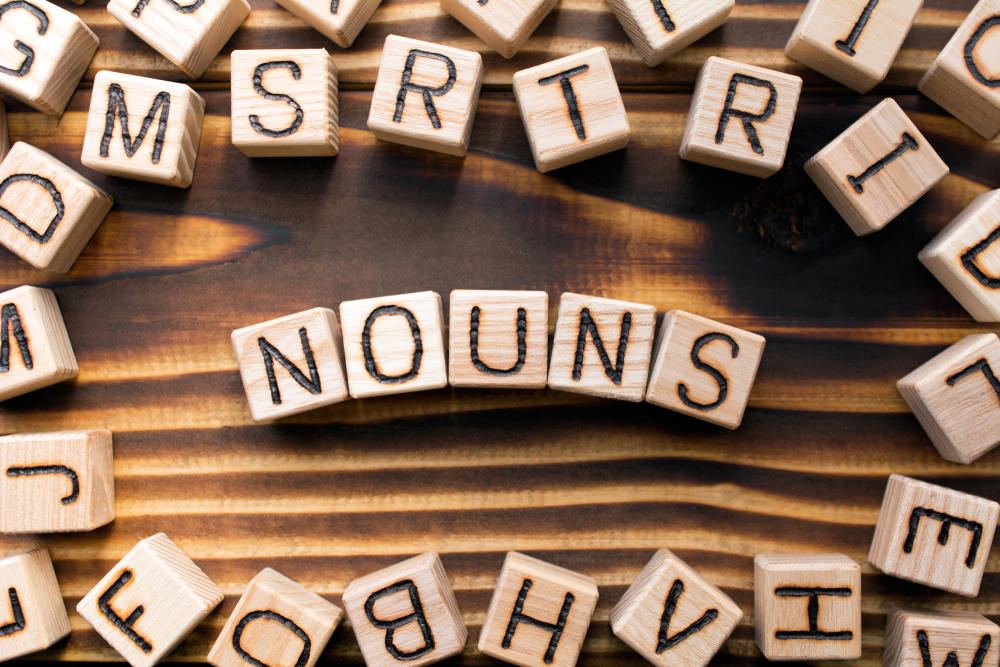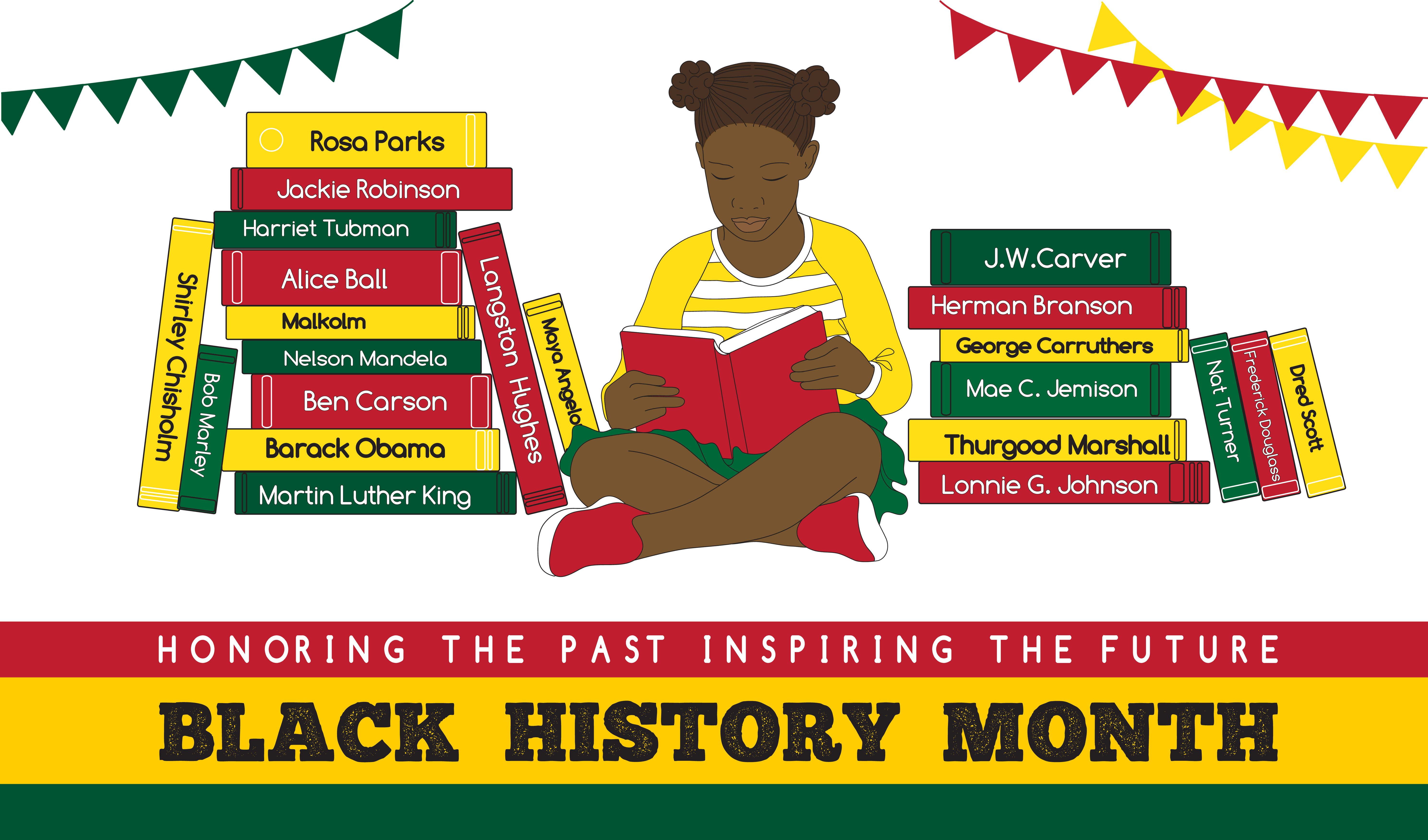Basic reading skills Worksheets for Kids
1 filtered results
-
From - To


Who Is in a Family? Worksheet
Question/Answer
How to train the Basic reading skill in Preschool students learning about Community?
To train basic reading skills in preschool students learning about community, introduce simple, themed vocabulary cards with pictures, like "firefighter" or "school. " Engage in interactive storytime using books about community helpers or places. Incorporate phonics games focusing on community-related words.
How to test a Preschool student’s Basic reading skills?
To test a preschool student's basic reading skills, use simple, age-appropriate reading assessments that include picture recognition, letter recognition, phonemic awareness tasks (like rhyming and initial sounds), and possibly basic word recognition or decoding simple words. Observations during read-aloud sessions can also provide insights into their understanding of narratives and vocabulary.
What are some effective activities to train students’ Basic reading skill when teaching them about Community?
Effective activities to train students' basic reading skills while teaching about Community include story mapping community-themed books to identify key elements, sequencing events from community service stories, group reading followed by discussions on community roles, and matching words or phrases to community helpers or landmarks. These activities foster comprehension, vocabulary development, and engagement with community concepts.
 Assign to the classroom
Assign to the classroom












